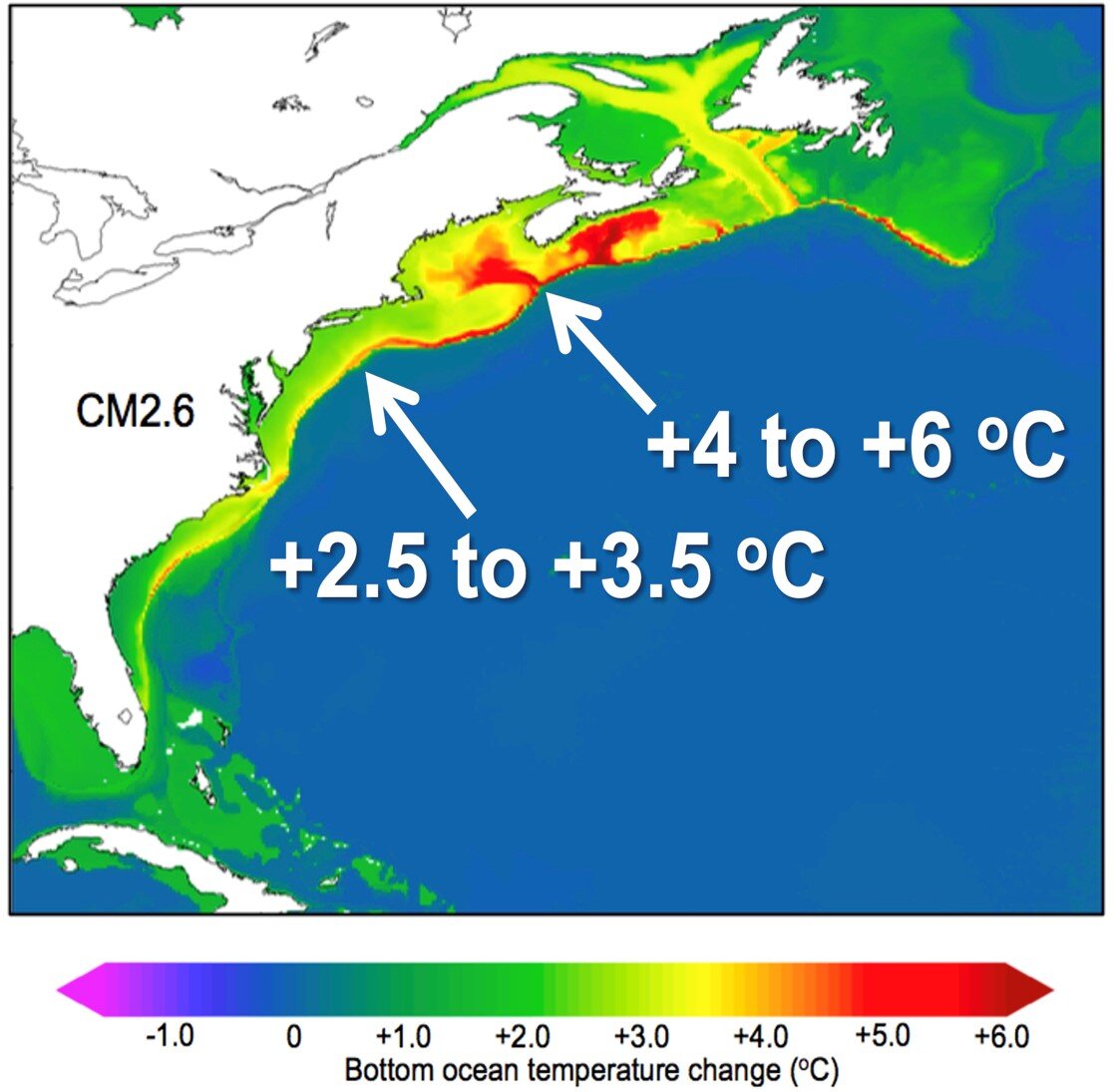The Mid-Atlantic Fishery Management Council (Council) and the Atlantic States Marine Fisheries Commission’s Interstate Fisheries Management Program Policy Board (Policy Board) have approved modifications to the process for setting recreational measures (bag, size, and season limits), as well as the recreational accountability measures, for summer flounder, scup, black sea bass, and bluefish. The Council recommended these changes through a framework action, and the Policy Board adopted these changes through Addendum XXXVI to the Summer Flounder, Scup, and Black Sea Bass Fishery Management Plan (FMP) and Addendum III to the Bluefish FMP. These changes are part of a broader long-term effort by both the Council and Commission to improve recreational management of these jointly managed species.
The current process for setting recreational measures, referred to as the Percent Change Approach, was implemented in 2023 and will sunset at the end of 2025. During a joint meeting last week in Galloway, New Jersey, the Council and Policy Board discussed several options to improve or replace the Percent Change Approach for 2026 and beyond. After reviewing public comments and recommendations from technical committees and advisory panels, the Council and Policy Board agreed to maintain the current process with several modifications based on lessons learned over the past few years. These changes will be implemented in two phases.
The first phase of changes aims to better account for stock status when setting measures and will create more opportunities for stability in management measures. The current system uses three biomass categories to guide whether measures should change; the revised approach adds a fourth category for stocks near their biomass target and establishes a separate process for overfished stocks. These changes will take effect starting with the 2026 recreational measures for summer flounder, scup, and black sea bass. The Council and Policy Board delayed the implementation of these changes for bluefish until 2028 to allow time for development of an appropriate methodology for evaluating the impacts of measures on bluefish harvest and discards. The bluefish stock has been under a rebuilding plan since 2022, and recreational measures will continue to be set based on the rebuilding plan until the stock is declared rebuilt.
The second phase of modifications, which will be implemented for setting 2030 recreational measures and beyond, will update the process to use a catch-based target. Unlike the current process – which focuses on achieving a specific level of predicted harvest – a catch-based approach aims to achieve a target level of total dead catch, including both harvest and dead discards. This approach will allow for more explicit consideration of how measures affect discards. Some advisors and members of the public raised concerns about the potential for this change to create greater instability in management measures. After extensive discussion of each approach, the Council and Policy Board delayed the transition to a catch-based target until 2030 to allow time for additional analysis on the potential impacts to measures.
The Council and Policy Board also approved changes to the recreational accountability measures. These changes will be effective starting in 2026 for all four species. Under these revisions, when an accountability measure is triggered due to recent overages of the recreational annual catch limits, managers will also consider if those overages contributed to overfishing when determining the appropriate response.
The Council will submit the framework to the National Marine Fisheries Service for review and implementation, while the Commission’s measures are final for state waters. Additional information about this action is available on the Council and Commission websites.
Recreational Sector Separation and Data Collection Amendment
In other related business, the Council and Policy Board also reviewed scoping comments on the Recreational Sector Separation and Data Collection Amendment from public hearings and written comments, as well as input provided by the joint Summer Flounder, Scup, Black Sea Bass and Bluefish Advisory Panels and the Fishery Management Action Team/Plan Development Team. Based on these comments, the Council and Policy Board agreed that recreational sector separation and recreational data collection should be addressed separately. Further development of the amendment will focus on management options for recreational sector separation, including mode management, as well as consideration of for-hire permitting and reporting requirements.
The Council and Policy Board separated out the recreational data collection and use issue from the amendment due to concerns that the complexity of this issue would cause significant delays in the amendment timeline. Council and Policy Board members also noted there is a need to more clearly define the objectives for recreational data collection improvement. This issue will be explored through a white paper which will consider the feasibility of various approaches and help the Council and Policy Board clarify goals for a potential future action. Additional information and updates are available on the Council and Commission action pages.
Press Contacts:
MAFMC: Mary Sabo, 302-526-5261
ASMFC: Tina Berger, 703-842-0749



